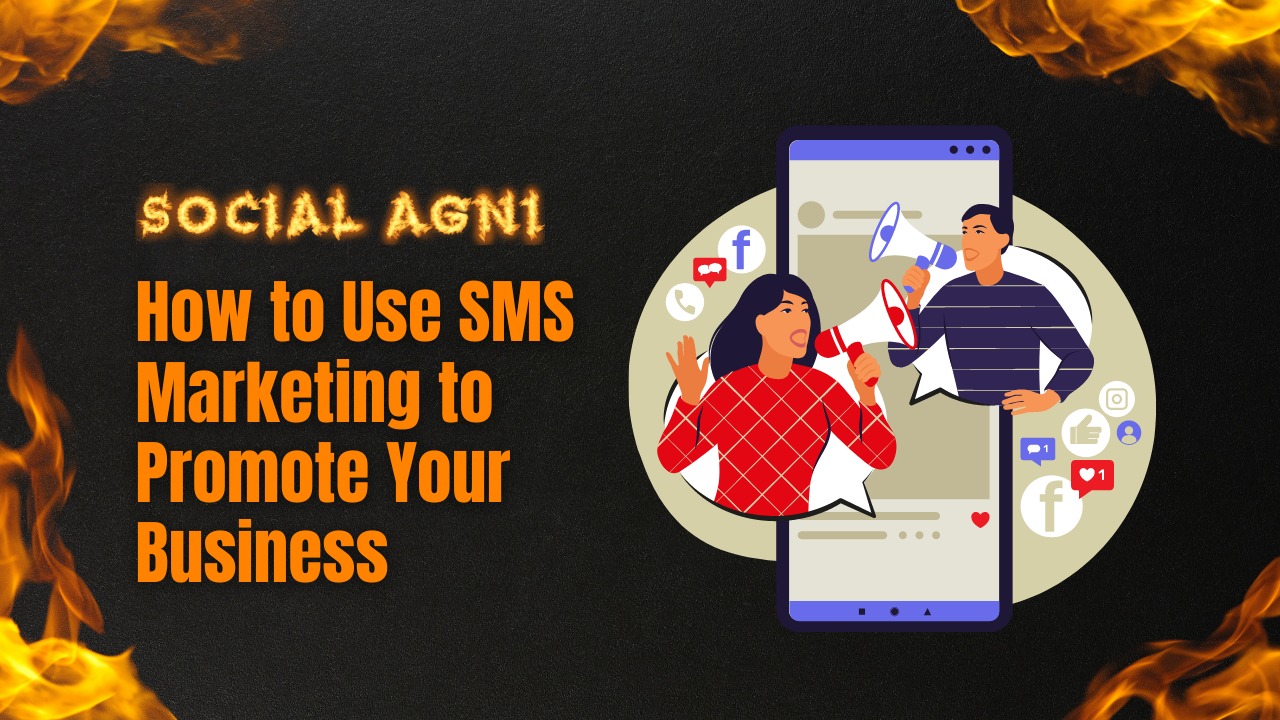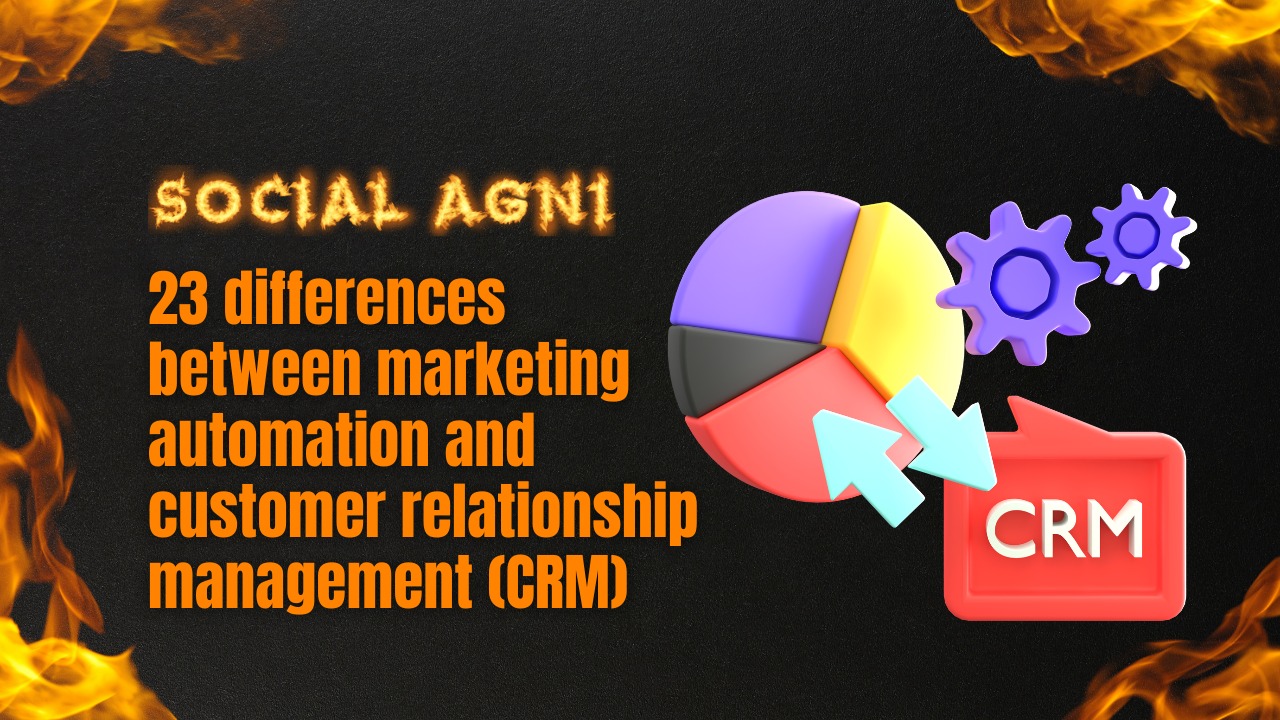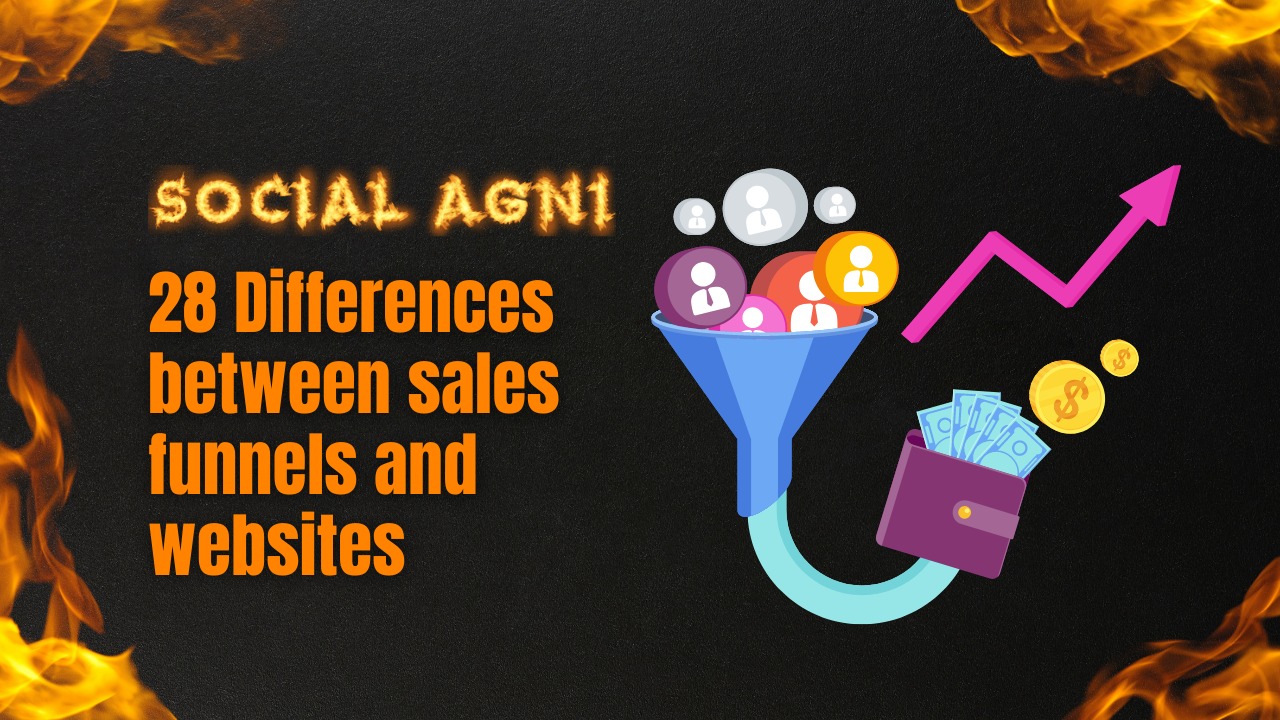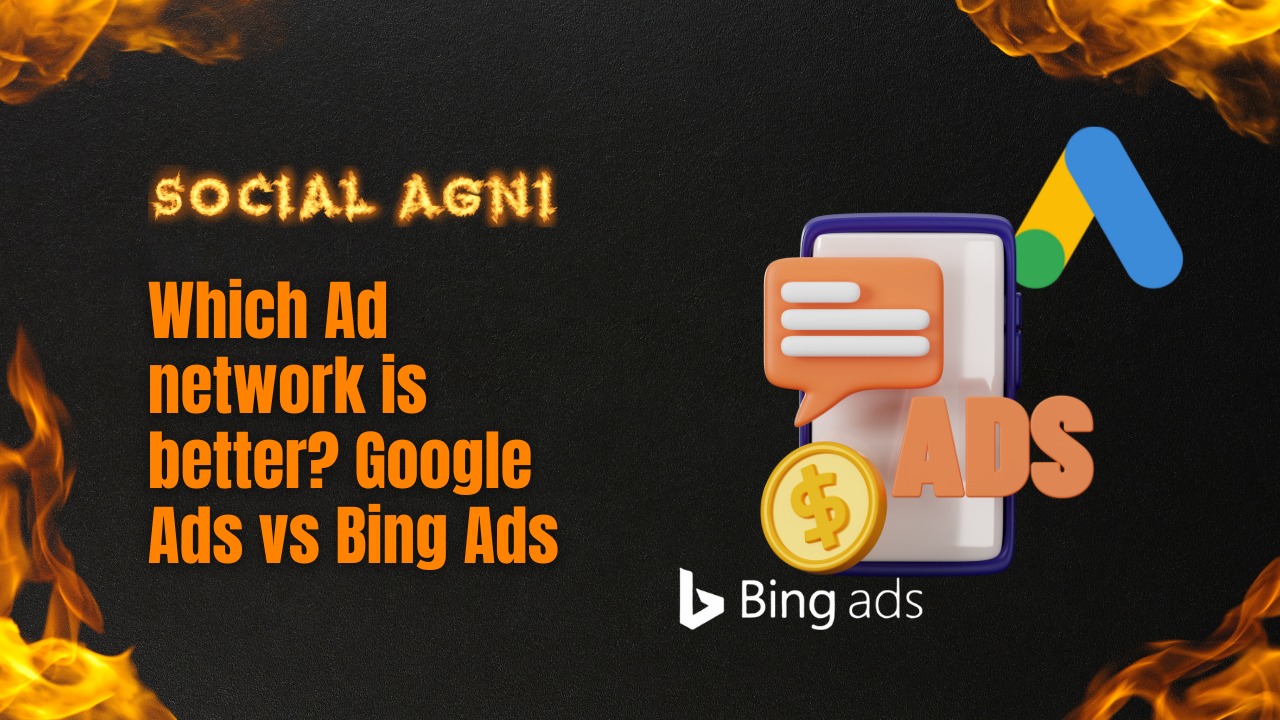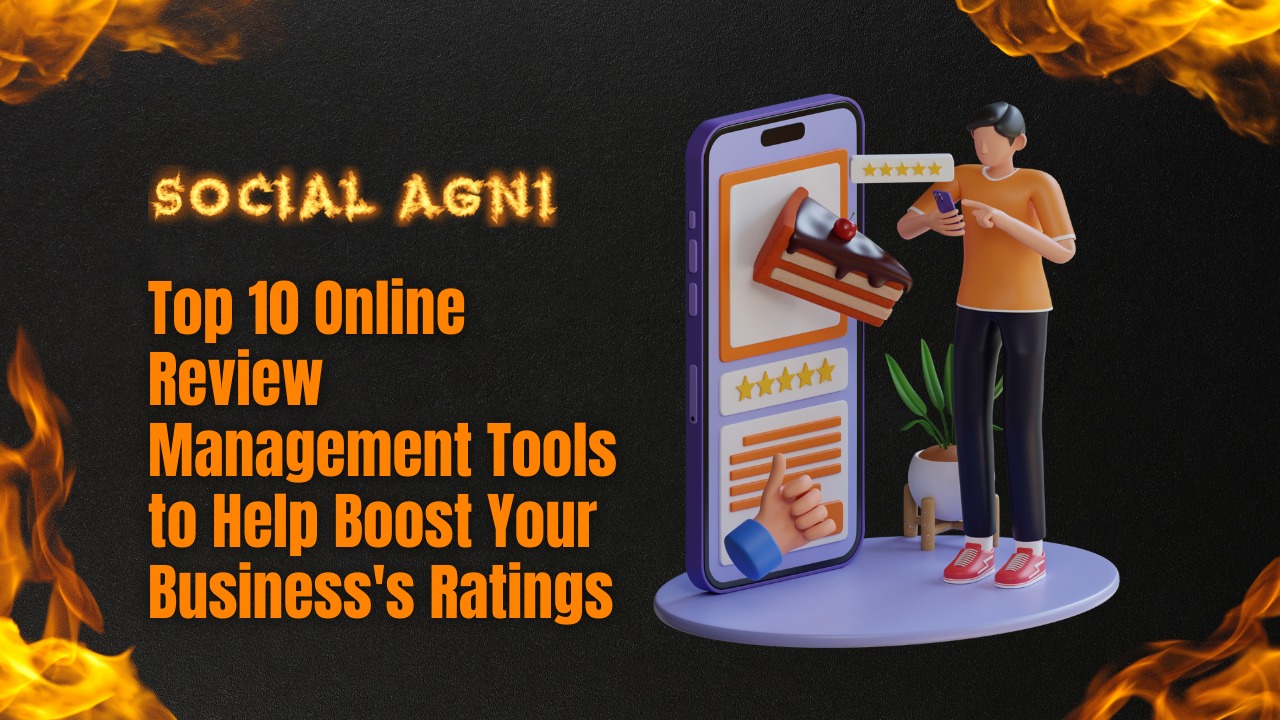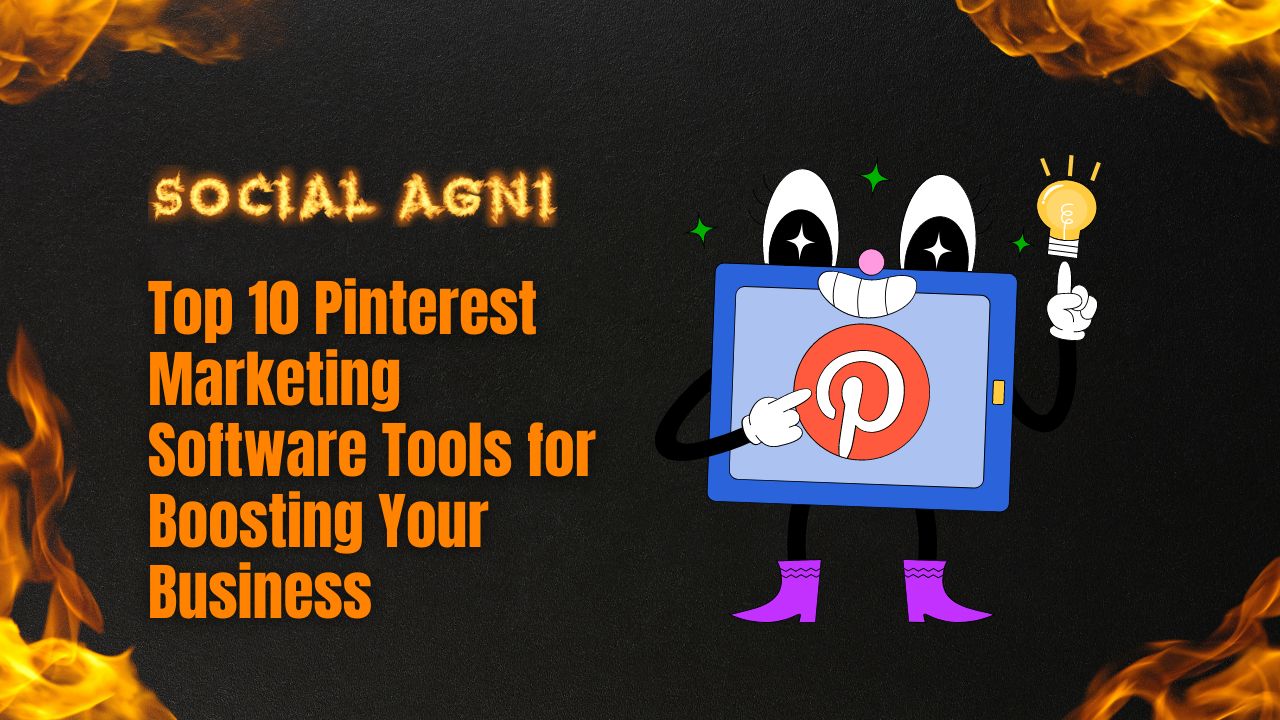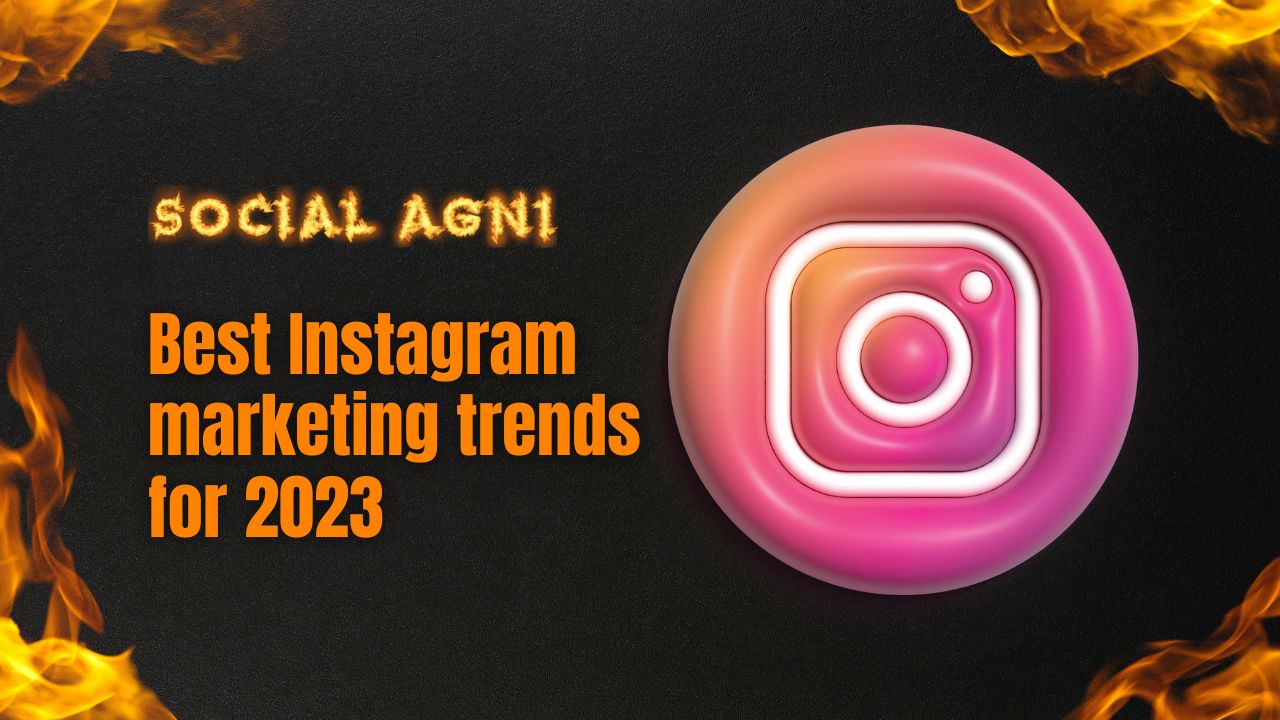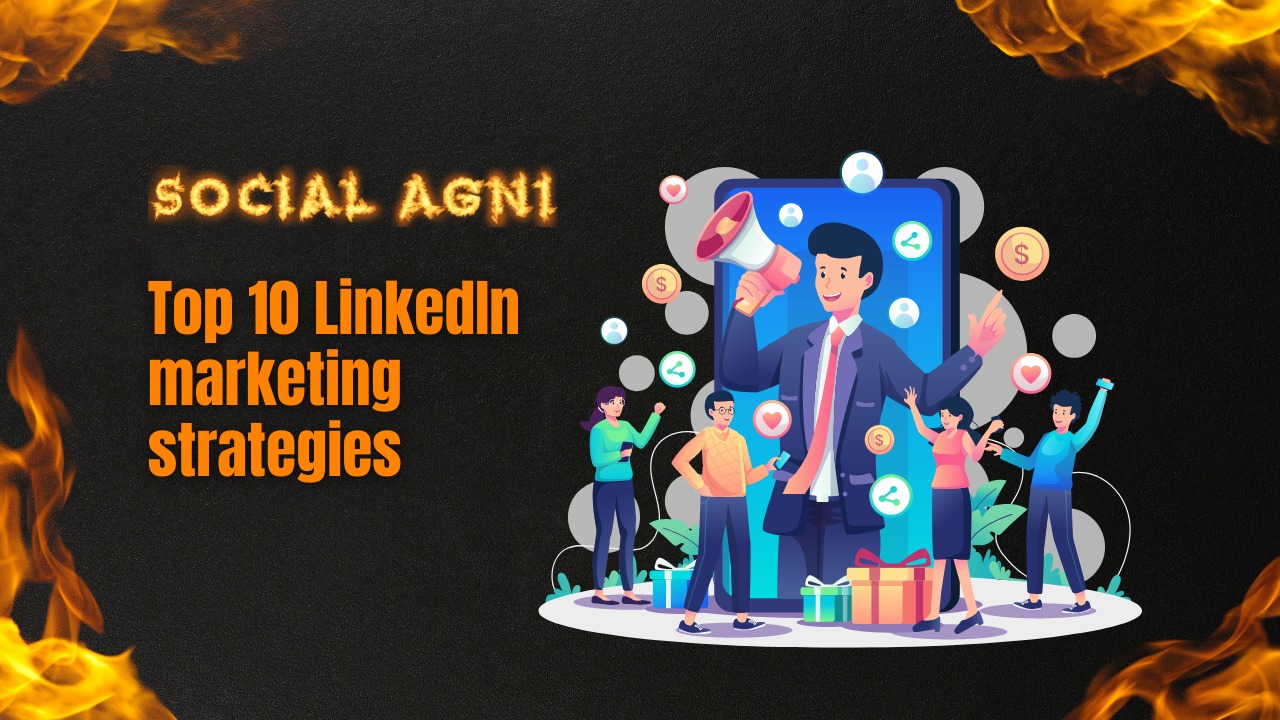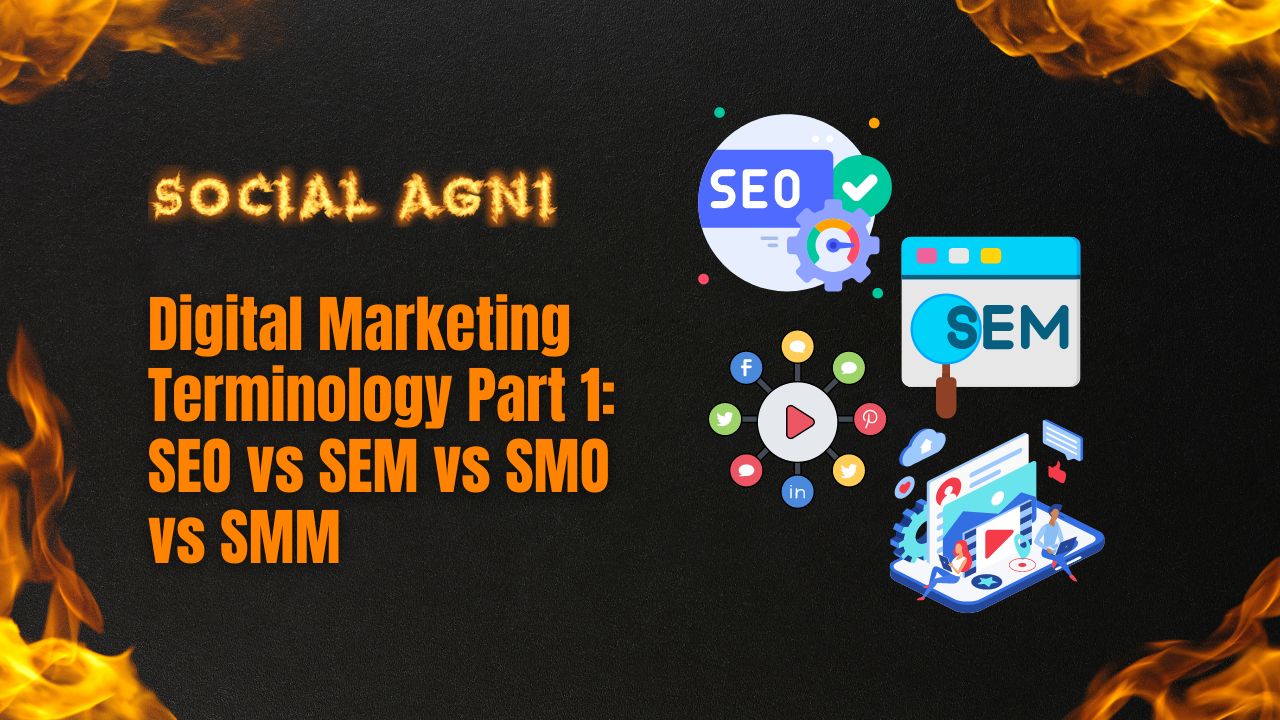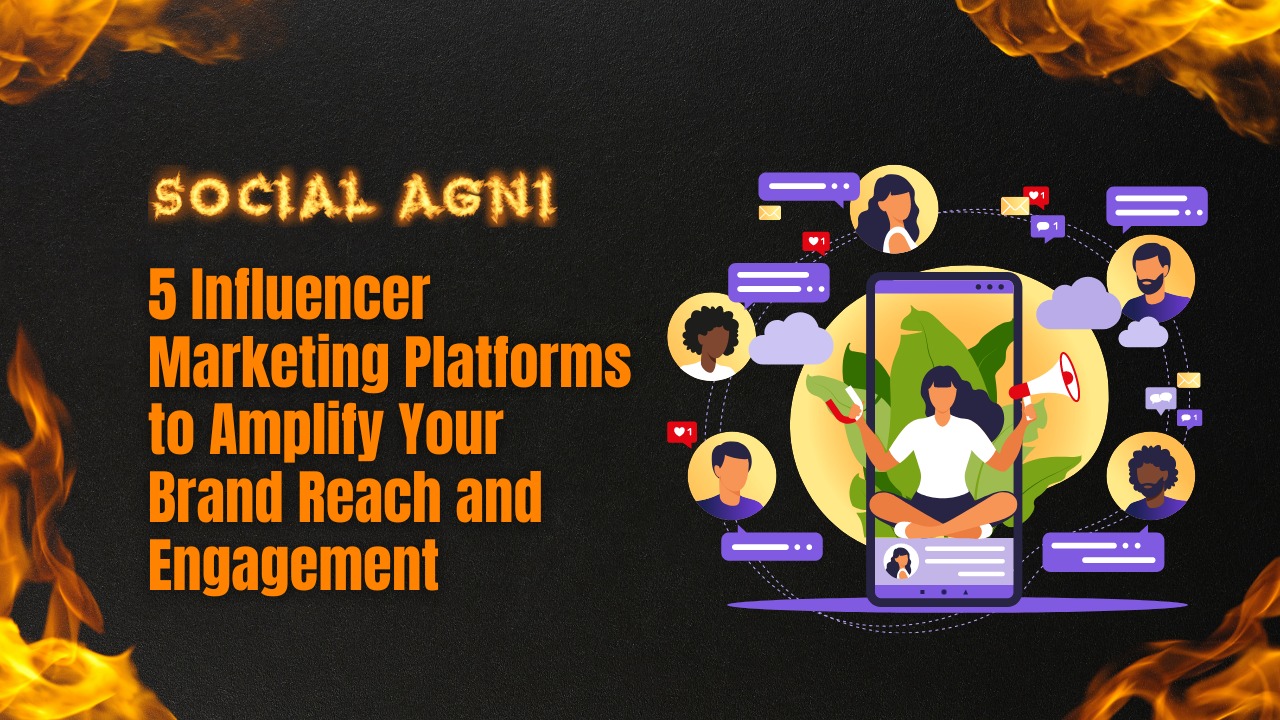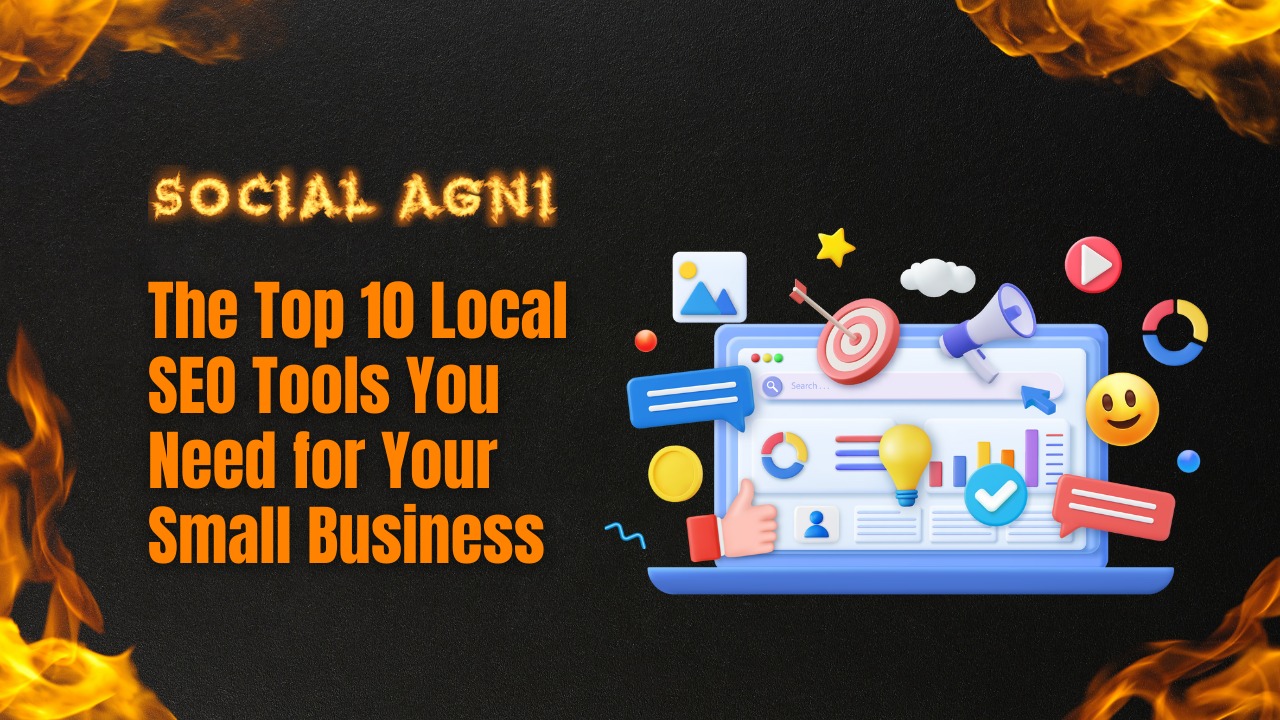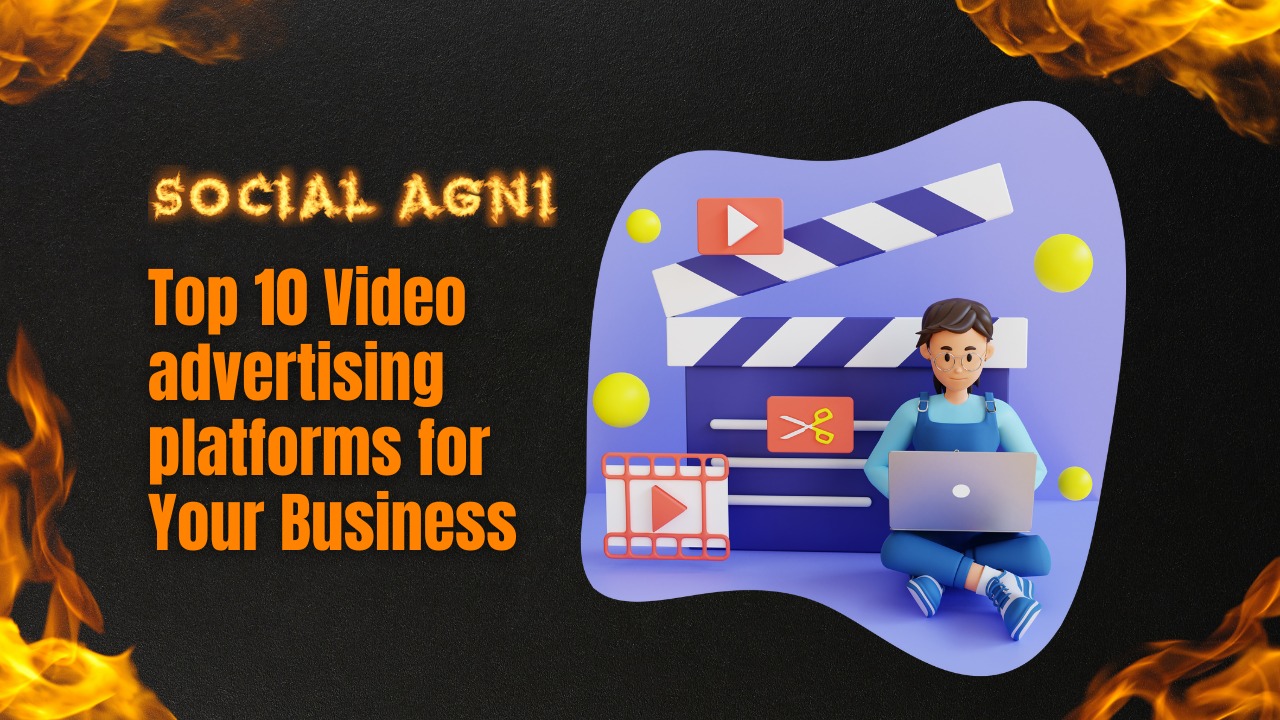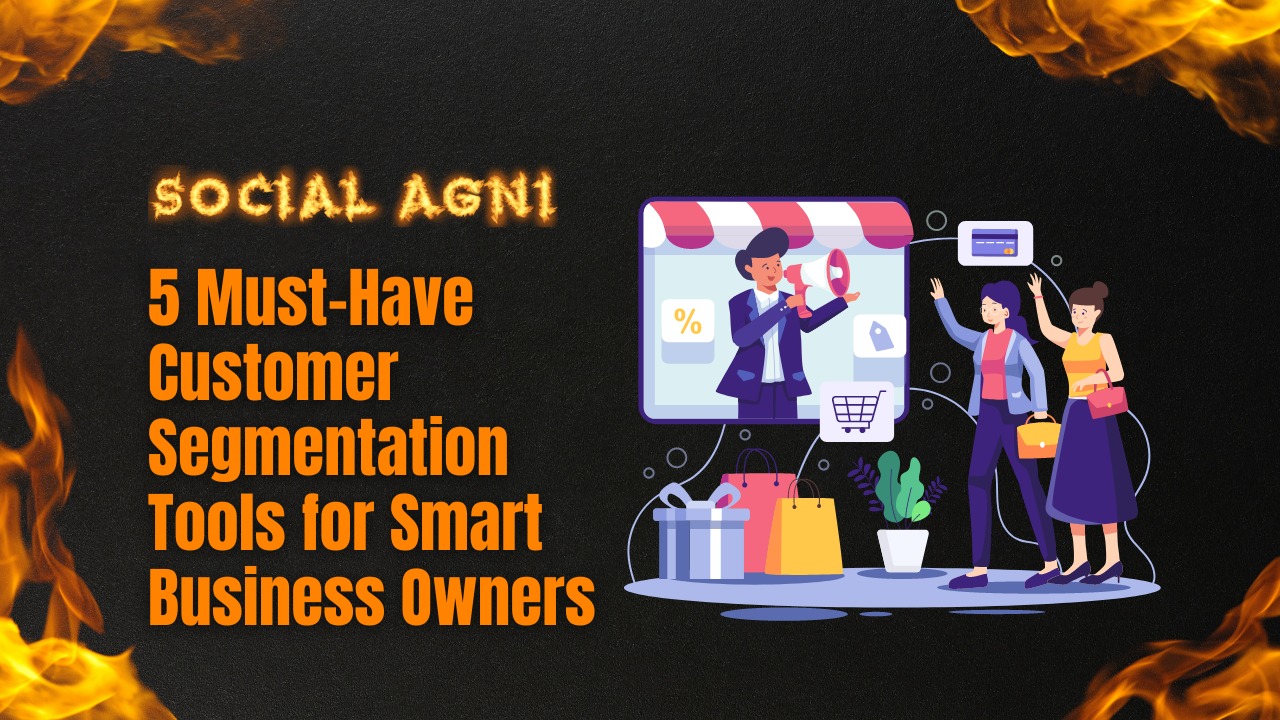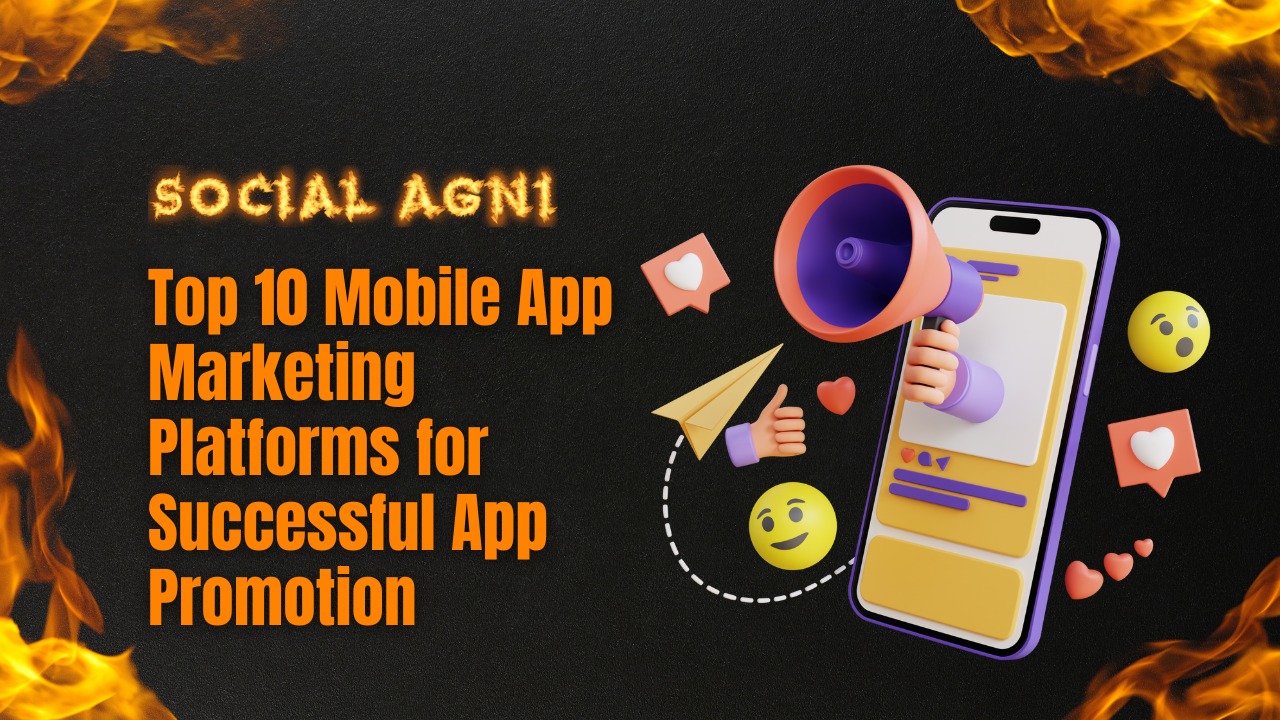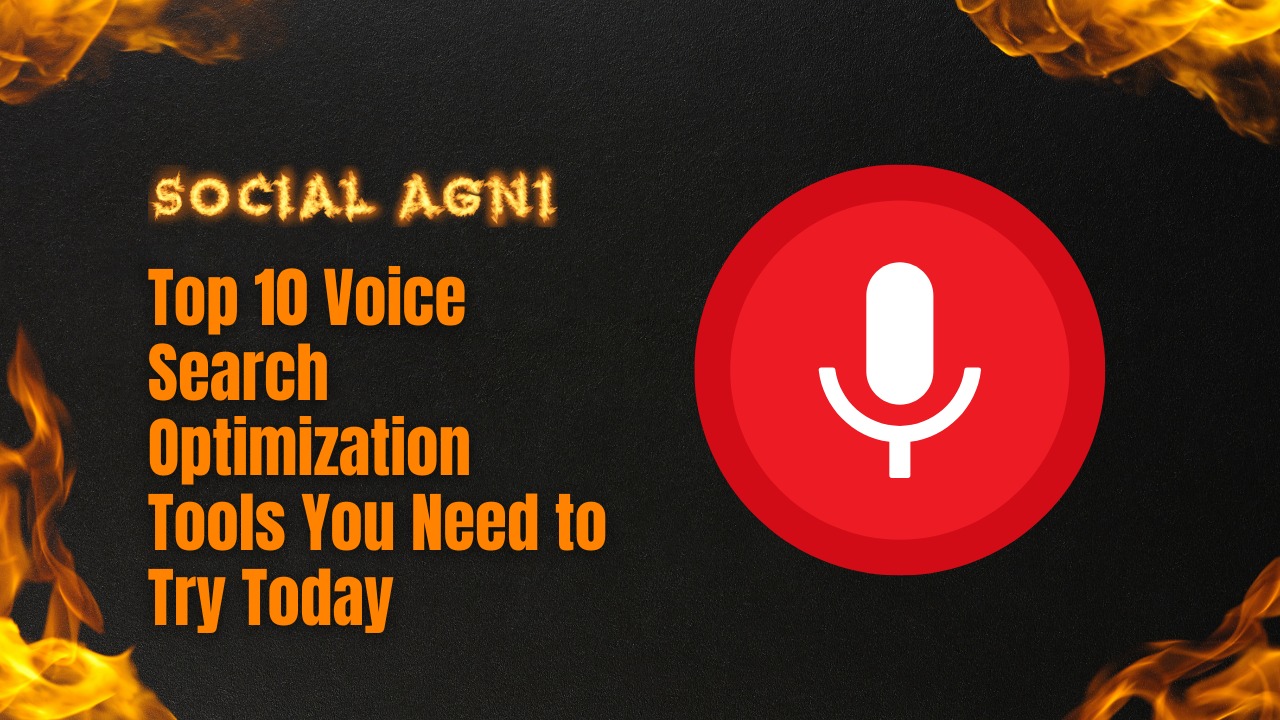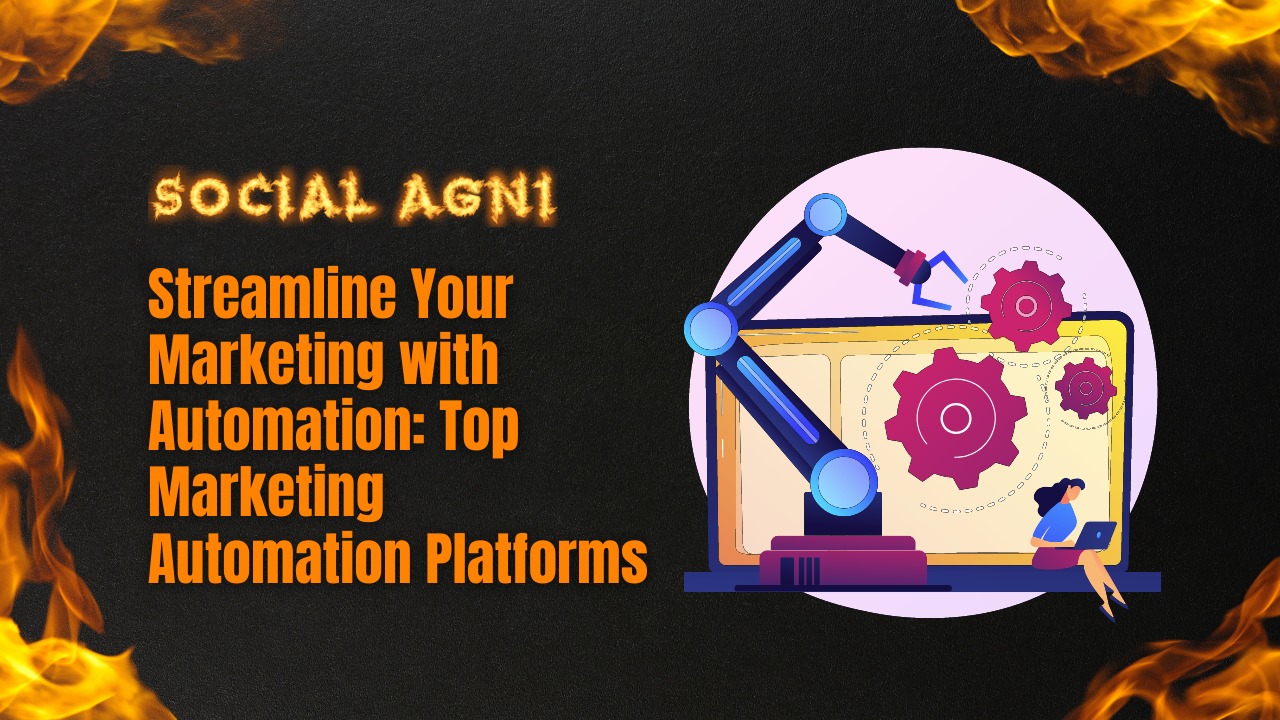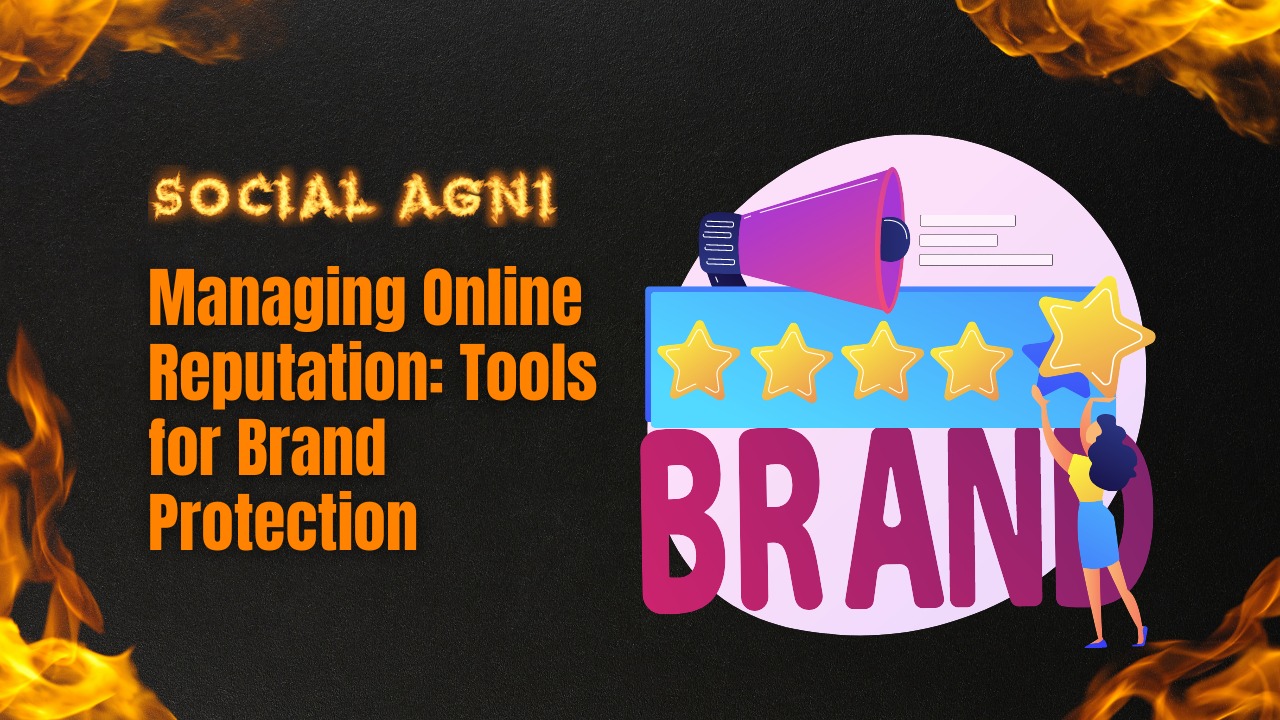Today’s fast-paced digital economy requires businesses to adapt and try new customer interaction methods. SMS marketing has grown in popularity for advertising and customer communication. SMS marketing lets firms rapidly text customers with pertinent information, offers, and reminders. SMS marketing benefits from high open rates. 98% of texts are read. SMS marketing is effective because of this. SMS texts are great for urgent alerts since most people check them within minutes.
SMS marketing is cheaper than traditional advertising. SMS marketing requires less design than email marketing. SMS messages are 160 characters, so firms may deliver brief, focused messages to clients without spending a lot on advertising. SMS marketing requires a list of consenting contacts. Opt-in forms on the company’s website and other methods can be used to gather phone numbers. After collecting contact information, a corporation might choose a messaging platform or service provider. There are several options with different benefits and prices.
SMS marketing
messages that work involve careful preparation of distribution, content, and calls to action. Businesses should segment their audience by region, purchase history, and interests to deliver relevant communications. SMS marketing works best when businesses acquire consumers’ consent, deliver relevant messages, keep them brief, give value, and test and refine their programs.
This article will explore how businesses may use SMS marketing to promote their products and engage with customers. You’ll discover SMS marketing campaign guidance and case studies of organizations that have used this method to grow their customer here. This guide will help you launch or improve your SMS marketing campaigns.
Why Use SMS Marketing?
SMS marketing is a potent tool that companies can use to advertise their goods or services and interact directly with their consumers. SMS marketing, when compared to other marketing channels, has several benefits that make it a very efficient way to connect with clients. The high open rate of SMS marketing is one of its main advantages. A 98% open rate for SMS messages indicates that almost all of the messages sent are viewed by the recipient. Because of this, SMS marketing is a highly efficient method of informing your clients about critical information or promotions. Additionally, SMS messages may be viewed shortly after being received, making them a fantastic method for sending urgent information.
SMS marketing may also be less expensive than email marketing. SMS marketing doesn’t involve the production of intricate graphics or designs, unlike email marketing. Due to the 160-character restriction on SMS messages, organizations may send brief, precise messages without spending money on pricey advertising campaigns. The high conversion rate of SMS marketing is an additional benefit. Customers are more likely to act right away since SMS communications are sent directly to their mobile phones. This might involve going to a real location, buying something, or clicking on a website.
Additionally very targetable and adaptable, SMS marketing. To make sure that communications are pertinent and useful to each receiver, businesses might segment their audience based on variables like geography, previous purchases, or hobbies. This can enhance customer connections by increasing engagement and response rates.
In general, SMS marketing is a very efficient technique for companies to connect with their clients and advertise their goods or services. SMS marketing gives companies a strong tool for connecting with their clients and expanding their business because of its high open and conversion rates, cheap cost, and customization choices.
Getting Started with SMS Marketing:
Businesses must complete a nuseveralcial stages before they can begin using SMS marketing, including compiling a list of contacts and selecting a platform or service provider.
Creating a list of contacts who have consented to receive messages is the first step. This may be accomplished by using opt-in forms on the company website or by gathering phone numbers in other ways, such as through in-store signups or promotions. To make sure that clients are open to receiving communications and to adhere to applicable rules and regulations, it is crucial to gain their consent. Businesses can select a platform or service provider to send their messages after they have a list of contacts. There are several choices, each with different costs and features. Selecting a service that provides dependable delivery, safe data management, and customer assistance is crucial. Timing, content, and calls to action must all be carefully considered when creating SMS marketing messages. Businesses should deliver value to customers, keep messaging brief and to the point, and test and optimize their efforts. In oToe sure that communications are pertinent and useful to each receiver, it’s also crucial to segment the audience depending on variables like geography, previous purchases, or hobbies.
Businesses should also adhere to best practices like the following in order toe that SMS marketing efforts are successful:
- Prior to Beforecommunications, get the recipients’ permission.
- Keep your communication brief and direct.
- By giving clients timely and pertinent information, you may provide value.
- To increase campaign efficacy, test and refine them.
- Observe the privacy and preferences of the customers.
Overall, SMS marketing needs careful strategy and implementation to get off the ground, but the rewards might be huge in terms of reaching and connecting with consumers, promoting conversions and sales, and forging deeper client connections.
Creating Effective SMS Marketing Campaigns:
Planning, carrying out, and measuring efficient SMS marketing initiatives require considerable consideration. Here are some crucial actions to think about:
- Before commencing a campaign, it’s critical to establish your goals and objectives. Are you trying to attract visitors to your website, enhance sales, or establish your brand? You may choose the subject matter, delivery window, and frequency of your messages by setting explicit goals.
- You may better target your messages to individual recipients and increase engagement and response rates by segmenting your audience based on things like geography, previous purchases, or hobbies.
- SMS messages should be brief, clear, and direct. To persuade people to act, like clicking on a link, buying something, or visiting a physical site, use compelling calls to action. Other successful attention-getters include urgency, comedy, and personalization.
- These two factors are crucial to take into account. When communications are sent at the correct moment, such as just before a sale or event, engagement and response rates can be improved. Sending too many communications, however, may cause client apathy and opt-outs. The ideal balance for your audience may be found with the aid of testing and optimization.
- Improving campaign effectiveness requires measuring the results of your efforts. A look at metrics like open rates, click-through rates, and conversion rates can reveal what is and is not working. For the best outcomes, modify your messaging, timing, and frequency using this data.
Along with these actions, it’s critical to adhere to best practices like getting customers’ permission before sending communications, respecting their privacy and preferences, and making sure that messages are pertinent and helpful to each receiver. Businesses may establish SMS marketing campaigns that engage and convert clients, strengthen connections, and promote business success by adhering to these guidelines and best practices.
Best Practices for SMS Marketing:
SMS marketing best practices should be followed to ensure successful, well-received, and compliant communications. Best practices:
- Before letting customers opt out of SMS, companies should acquire their consent. The company’s website, in-person signups, or other methods can do this. Transparency regarding client messages and frequency is essential.
- Businesses should protect customers’ data and never share it without consent. Customers should also be able to unsubscribe from messages.
- Keep SMS messages brief with a clear call to action. Avoid confusing clients with jargon. Urgency, humor, and personalization also work.
- SMS messages should provide timely and relevant information like special deals, event updates, or important notifications. Messages should be tailored to recipients’ interests.
- Test and tweak SMS messages to increase success. Businesses should try different messaging, timing, and frequency to find what works best. Open, click-through, and conversion rates might indicate success or failure.
- Respect the law: SMS marketing must follow several regulations, notably the US Telephone Consumer Protection Act (TCPA). Businesses should follow all regulations, including those requiring permission, opt-out information, and accurate recordkeeping.
Following these best practices, businesses can create SMS marketing campaigns that engage and convert customers, develop relationships, and boost company success.
Examples of Successful SMS Marketing Campaigns:
There are several instances of effective SMS marketing campaigns that have aided companies in connecting with clients, fostering engagement, and raising revenue. Here are a few illustrations:
Subway:
To advertise a new sandwich and increase foot traffic to its outlets, the fast-food restaurant business uses SMS marketing. Customers were invited to text a keyword to a short code as part of the promotion for a chance to win a reward. Over 10,000 submissions were received as a result of the campaign, which also contributed to a 20% rise in foot traffic at Subway outlets.
Sephora:
The beauty shop employed SMS marketing to advertise the arrival of a new product and provide clients with special discounts. The campaign includes individualized messages that contained the name and previous purchase history of the buyer. The marketing increased the special discounts’ redemption rate to 75% and boosted sales of the new product.
Domino’s:
Pizza delivery through text message is now possible thanks to Domino’s thanks to SMS marketing. Customers might have their preferred meal delivered to their door by just texting a pizza emoji to a certain number. Over $10 million in sales were generated by the campaign in its first six months, making it a great success.
National Geographic:
To advertise their photography competition and entice people to submit their photographs, National Geographic uses SMS marketing. The promotion included customized messaging that asked customers to contribute their images and contained their names. Over 1,000 photo submissions were made as a result of the campaign, which also increased brand recognition and engagement for National Geographic.
Macy’s:
To advertise its annual One Day Sale and provide customers with exclusive discounts, Macy’s employed SMS marketing. The campaign includes individualized messages that contained the name and previous purchase history of the buyer. The promotion led to a 21% redemption rate for the special discounts and increased Macy’s sales.
These illustrations show how SMS marketing can be a potent tool for companies to communicate with clients, advertise goods and services, and increase engagement and sales. Businesses may develop successful campaigns that provide tangible results by adhering to best practices and customizing campaigns to each target.
Conclusion:
In conclusion, SMS marketing may help firms engage customers, advertise products, and boost revenue. Following best practices and tailoring messages to each target may help businesses create successful SMS marketing strategies. SMS marketing offers high open and response rates, the flexibility to reach customers anywhere, and timely and relevant information.
SMS marketing requires customer consent and compliance with all laws and regulations.
They should also create effective communications programs with personalized messaging, clear calls to action, and valuable offers. Macy’s, Domino’s, National Geographic, Sephora, and Subway are successful SMS marketers. These campaigns demonstrate how SMS marketing may promote products, offer discounts, and encourage involvement. SMS marketing can engage customers, boost revenue, and strengthen relationships for many types of businesses. By following best practices and keeping up with trends and laws, businesses may create effective SMS marketing campaigns that provide real value to customers and boost growth.
Frequently Asked Questions (FAQs):
1. What’s SMS marketing?
SMS marketing is sending text messages to customers to promote products, services, or promotions.
2. How effective is SMS advertising?
SMS marketing has 98% open rates and 45% response rates.
3. Is SMS marketing legal?
SMS marketing is legal, but corporations must have customer consent and follow all laws.
4. SMS marketing: how can firms acquire customers’ consent?
In-store sign-ups, text-to-join campaigns, and opt-in forms are methods firms might gain consent.
5. Best practices for SMS marketing?
Best practices for SMS marketing include clear calls to action, helpful offers or information, personalization, and regulatory compliance.
6. What are SMS advertising’s benefits?
SMS marketing has high open and response rates, flexibility to engage clients anywhere, and cost-effectiveness.
7. How can businesses evaluate SMS marketing campaigns?
Answer: Open rates, click-through rates, conversion rates, and revenue can be utilized by firms to measure success.
8. Can SMS marketing give customer service?
SMS marketing may provide consumers with order updates, meeting reminders, and support.
9. SMS marketing works best for which business models?
Any firm that wants to communicate with customers, advertise products, or boost sales should use SMS marketing.
10. SMS consumers how often?
How often SMS messages are sent depends on the customer’s preferences and the message’s significance.
References:
https://www.omnisend.com/blog/sms-marketing/
https://www.businessnewsdaily.com/8732-text-message-marketing-tips.html
